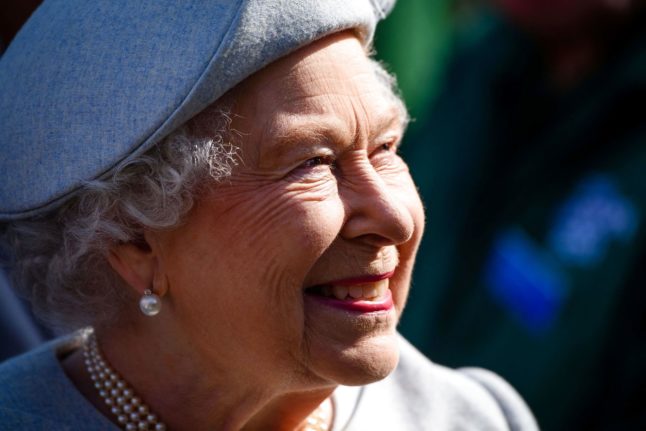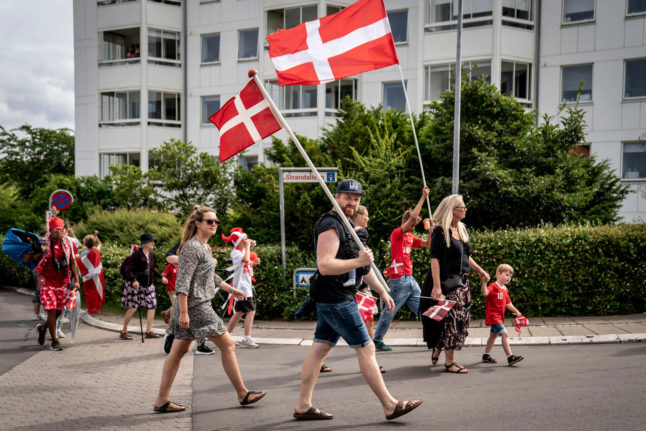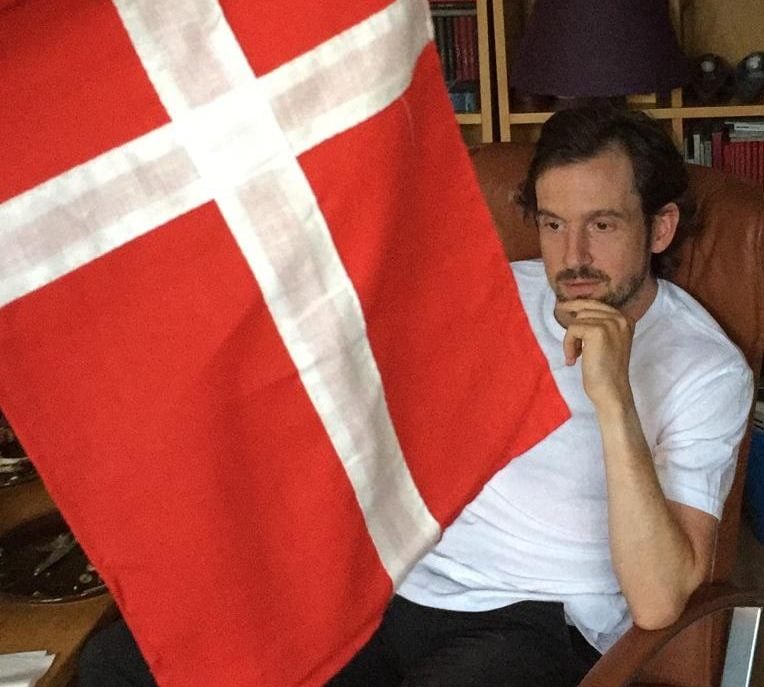“I am saddened by the passing of Her Majesty Queen Elizabeth II. Her Majesty the Queen was a unifying figure for her nation and the world. She provided a sense of stability during changing times,” Frederiksen said in a statement posted by the Prime Minister’s Office on Twitter.
“Our thoughts are with The Royal Family and the people of the United Kingdom, the Realms and the Commonwealth. I send the heartfelt condolences of my Government and the people of Denmark to PM Liz Truss,” she added.
PM Frederiksen: “I am saddened by the passing of Her Majesty Queen Elizabeth II. Her Majesty the Queen was a unifying figure for her nation and the world. She provided a sense of stability during changing times.
1/2— Statsministeriet (@Statsmin) September 8, 2022
In a letter addressed to King Charles III published on the Danish palace website, Queen Margrethe said she was “deeply moved by the sad news of your beloved mother’s death.”
“You mother was very important to me and my family. She was a towering figure among the European monarchs and a great inspiration to us all. We shall miss her terribly,” Queen Margrethe wrote.
“Denmark and I are grateful for her continuous efforts to further strengthening the close and warm relations between our two nations.
“God bless you both and give you strength and hope in your future life and duties,” she wrote, also addressing Camilla, the Queen Consort.
With the passing of Queen Elizabeth, the Danish Queen is now Europe’s longest-serving reigning monarch. A series of events are planned in Copenhagen this weekend to celebrate her 50th jubilee, a landmark she reached earlier this year.
Queen Elizabeth II died at Balmoral, her beloved country house in Scotland, aged 96, after 70 years on the throne.
In a statement, Buckingham Palace said: “The Queen died peacefully at Balmoral this afternoon. The King and the Queen Consort will remain at Balmoral this evening and will return to London tomorrow.”
In a statement, her son King Charles III said: “The death of my beloved mother Her Majesty the Queen, is a moment of the greatest sadness for me and all members of my family.
“We mourn profoundly the passing of a cherished Sovereign and a much-loved Mother. I know her loss will be deeply felt throughout the country, the Realms and the Commonwealth, and by countless people around the world.”
Elizabeth’s reign spanned the Victorian to the modern era. Her first prime minister, Winston Churchill, was born in 1874, while her last Liz Truss, was born 101 years later in 1975.
Two former Prime Ministers of Denmark were among the country’s high-profile representatives to pay tribute to Queen Elizabeth II earlier on Thursday evening.
“Throughout her 70-year reign, Queen Elizabeth II was a symbol of dignity, strength, and duty. My thoughts are with the British people in this sad moment,” wrote Anders Fogh Rasmussen, who was prime minister from 2001-2009 and later General Secretary of Nato, on Twitter.
Throughout her 70-year reign, Queen Elizabeth II was a symbol of dignity, strength, and duty.
My thoughts are with the British people in this sad moment. pic.twitter.com/WbvtVzGMVB
— Anders Fogh Rasmussen (@AndersFoghR) September 8, 2022
“Not until you have lost something do you realise what it really means. Queen Elizabeth has died aged 96 years. 70 years’ work. Suddenly it becomes clear: She knitted an entire people together for several generations. An anchor in rough seas. How she will be missed. In honour of her memory,” wrote Lars Løkke Rasmussen, prime minister from 2009-2011 and 2015-2019.
Først når man har mistet noget, forstår man den fulde betydning. Dronning Elisabeth er død, 96 år gammel, 70 års virke. Pludselig står det klart: Hun har kittet et helt folk sammen i flere generationer. Et anker i en oprørt sø. Hvor bliver hun savnet. Æret været hendes minde.
— Lars Løkke Rasmussen (@larsloekke) September 8, 2022





 Please whitelist us to continue reading.
Please whitelist us to continue reading.
Member comments